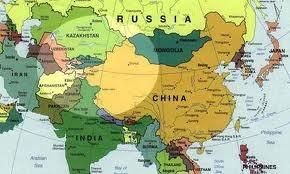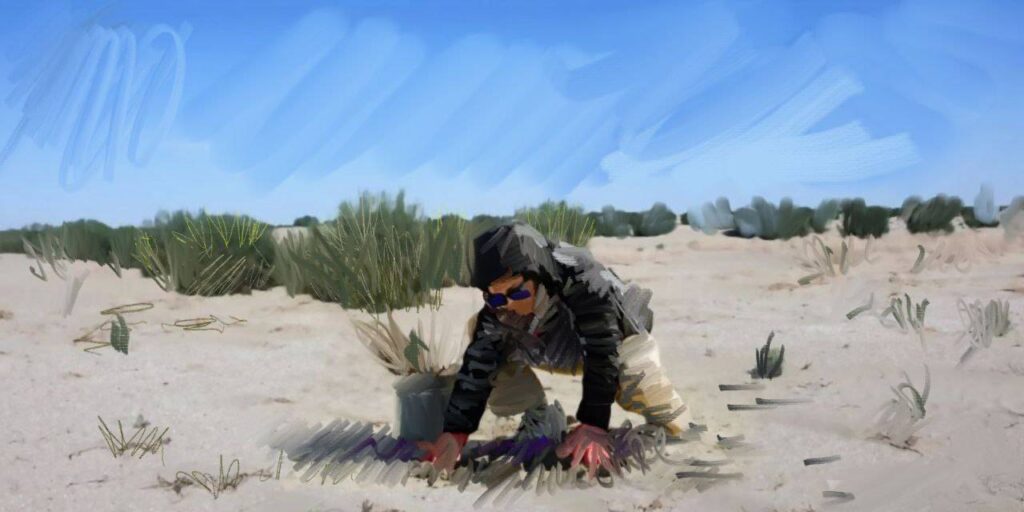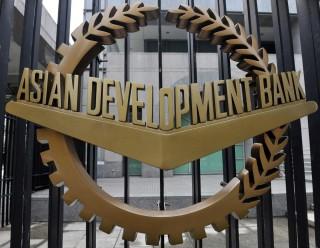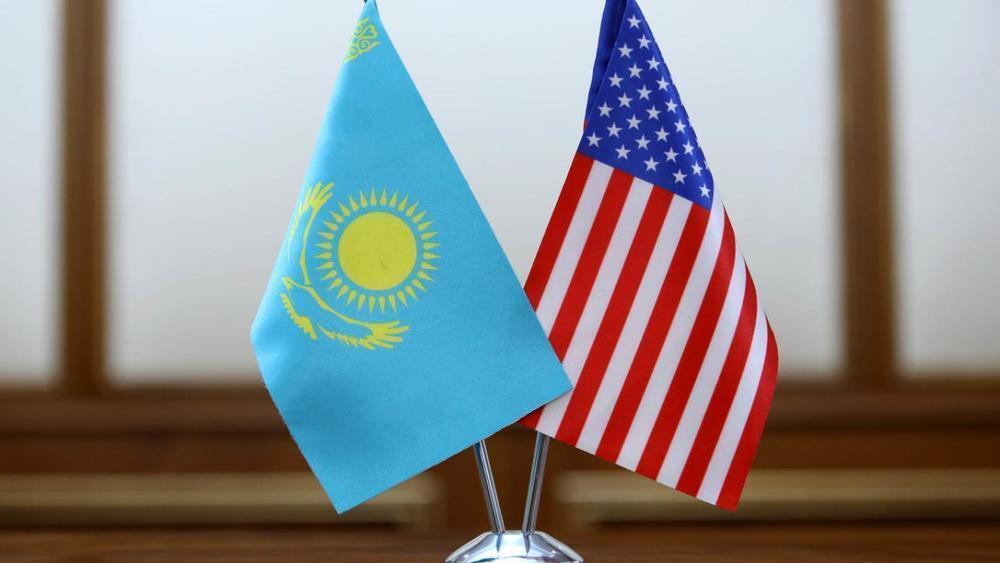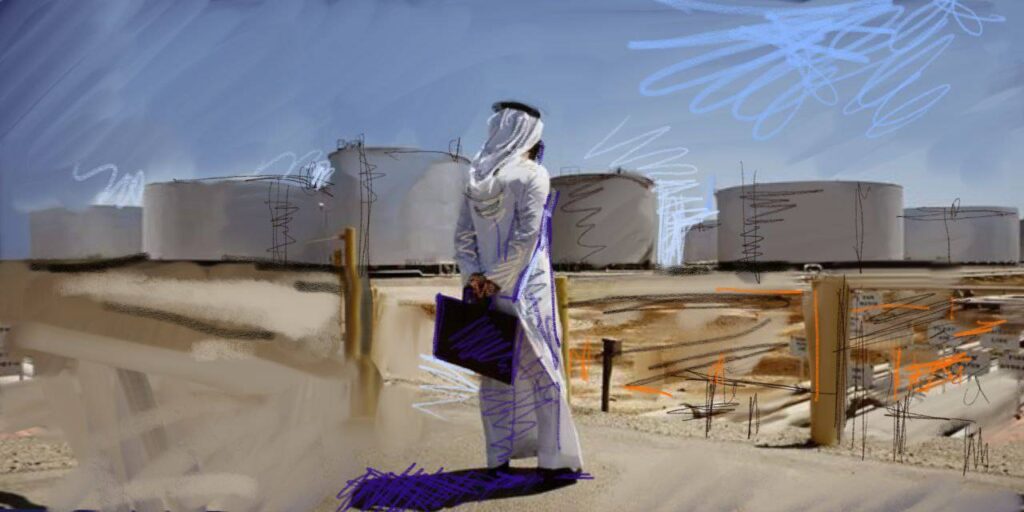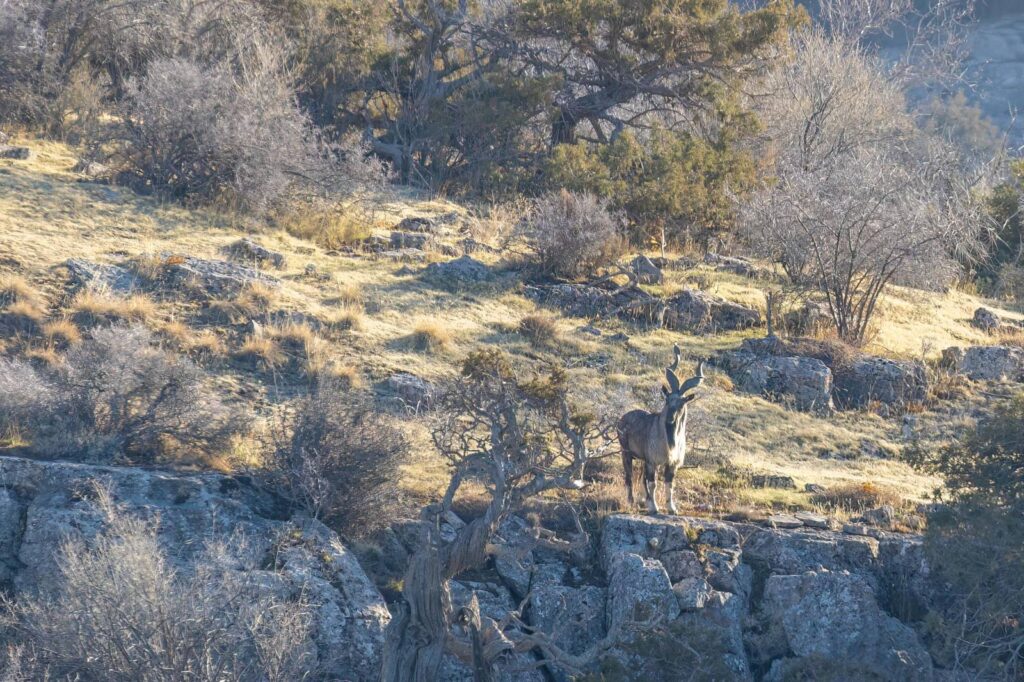BISHKEK (TCA) — The Times of Central Asia presents to its readers Stratfor’s Global Intelligence, a weekly review of the most important events that happened in the world — from Europe to Middle East to Russia to Central Asia to Afghanistan to China and the Americas.
The Week That Was
Satellite imagery this week revealed missile defense systems on Woody Island, one of the Chinese-occupied islands in the Paracel group in the South China Sea. The imagery’s release coincided with a U.S.-ASEAN meeting in California. Once again the issue of China’s activities in the South China Sea was a topic of conversation, although the summit carefully avoided the issue in the final statement.
Defense systems on Woody Island are far less significant than they would be were they deployed on some of the newer reclaimed islands occupied by China in the more distant Spratly Island chain. Woody Island is the site of China’s Sansha City, which administers China’s overall claims on the South China Sea. It is a larger island, one occupied by China for decades, well built up and hosting around 1,000 people. It is perhaps no coincidence, though, that China ensured the missile defense equipment was easily seen at the same time the U.S. President was meeting with ASEAN leaders. By allowing them to be seen, and anticipating the media hype in the United States, China used the opportunity to both showcase its resolve in protecting its claims and to paint the United States as the driver of regional militarization, with China playing a defensive role.
On Tuesday the oil ministers of Saudi Arabia, Russia, Qatar and Venezuela agreed to a conditional freeze of their level of oil production at January 2016 levels. That deal is still in jeopardy and is contingent on other oil producers agreeing. Iraq, Kuwait and the United Arab Emirates all voiced their approval. Iran, however, applauded the deal but unsurprisingly said that it would not freeze oil production, insisting that it had the right to continue to increase production following the implementation of the nuclear deal in January. The lack of Iranian support has left the deal in limbo. While prices responded to such moves positively at first, Saudi Arabia reiterated its position that it was “not prepared to cut production.” As prices continue to sit in the $30-$35 range many producers will continue to feel the bite. Any potential recovery is months, or even several years away, unless a greater consensus on a production cut is reached — something that does not appear to be in the immediate future.
The week saw more extreme rhetoric out of Germany and Italy. They have been squaring on either side of the ongoing European economic debate. First the Italian treasury leaked that it was in talks with the European Central Bank about potentially including bad bank loans in the central bank’s next asset purchase program, an idea that would be sure to raise tempers in Frankfurt and Berlin. Then more details emerged of a German plan to impose “bail-in” rules not just on banks but also on European governments. If adopted, this change would surely send peripheral bond yields soaring as seen in 2012. Finally, Italian leader Matteo Renzi announced that he would be vetoing a key German condition for banking deposit insurance, essentially killing the idea. He then went on to make specific reference to the German banking system, pointing out weaknesses on Deutsche Bank and Commerzbank’s balance sheets. This may all just be rhetoric for the time being, but the more extreme Europe’s public squabbles become, the harder it will be for them to reach any agreement on future integration, or indeed to manage the types of emerging crises that are regularly afflicting the continent at the moment.
On Thursday, reports suggested that Lockheed Martin had proposed building F-16 fighter jets in India, pending negotiations between New Delhi and Washington. Last year India spent $5.6 billion to become the world’s largest importer of arms. The global defense industry has evolved to include additional suppliers such as Israel, Japan and South Korea, in addition to European, Russian and Chinese firms. This means buyers such as India can extract better bargains, particularly requiring shared production and technology transfers. For instance, India has been involved in nearly a decade of negotiations with the French defense firm Dassault over a deal to purchase Rafale fighter jets. While New Delhi was initially interested in purchasing 126 jets, disagreements over pricing among other issues compelled New Delhi to bring its order down to 36 jets. Nearly a third of the Indian military’s 650 jets are over 40 years old, and will need replacement over the next decade as part of Prime Minister Narendra Modi’s $150 billion plan to modernize the Indian military by 2027.
The head of the Presidential Administration of Russia, Sergei Ivanov, was appointed head of a new working group to monitor law enforcement and business activity. The working group includes all the top business and security groups in Russia: Russian Union of Industrialists and Entrepreneurs, the Chamber of Trade and Industry, OPORA Russia and Delovaya Rossiya. It also includes law enforcement agencies: the Prosecutor General’s Office, the Investigative Committee, the Interior Ministry and the Federal Security Service (FSB). The group has been tasked sort through Russia’s criminal codes for businesses and their personnel, and streamline the process among the various security circles. This signals a consolidation of targeting and monitoring businesses and businessmen under the FSB — a considerably powerful position for the faction. This brings up the question whether Putin sanctioned this shift in power, or whether the FSB pressured the Russian leader into the concession.
Full Articles
Tempered Expectations After an Oil Output Agreement
Two weeks after Venezuelan Oil Minister Eulogio Del Pino visited Moscow and Riyadh hoping to persuade their governments to coordinate a cut in oil production, Russia, Saudi Arabia, Venezuela and Oman conditionally agreed Feb. 16 to freeze oil production at January levels if other producers promise to do the same. So far, Kuwait and Iraq have agreed to freeze their output levels as well. While not the cut that Del Pino had hoped for, the production freeze will add stability to a volatile market, which in the past week alone has seen prices fluctuate nearly 10 percent in one day.
Capitalizing on the Kurds
Turkey and Iraqi Kurdistan are preparing to hold two important referendums that could each impact the fate of the region’s Kurds, albeit in very different ways. In Ankara, Turkish President Recep Tayyip Erdogan is trying to gather more power under the presidency in the name of addressing the threat posed by Turkey’s unruly Kurdish minority. In Arbil, Kurdistan Regional Government President Massoud Barzani is hoping to renew his electoral mandate by reviving the issue of Kurdish independence.
A Glimpse Into China’s Military Presence in the South China Sea
Widely published satellite imagery from Feb. 14 shows the presence of new Chinese air defense systems on Woody Island in the South China Sea, highlighting continuing maritime frictions in the area. But new imagery obtained by Stratfor provides a higher-resolution view of the deployment and activities taking place across the island.
For the Chinese Military, a Modern Command System
China may have more or less finished the broader steps to restructuring its military. On Feb. 1, Chinese President Xi Jinping presided over the inauguration of five new theater commands, replacing China’s seven former military regions. While not the first time China has cut down the number of its military regions and redrawn their borders, this particular reform is the first instance in which the function and role of the military regions have been drastically altered by unifying the chains of command of its military forces. These changes are intended to reinforce China’s ability to conduct effective joint military operations, an important development if it wants to compete with the world’s most advanced militaries.
Assessing Libya’s Chemical Weapons Threat
Jihadist groups have long had a fixation with chemical and biological weapons, from al Qaeda’s pre-9/11 programs, in places such as the Deronta training camp in Afghanistan, to its 2003 plot to deploy improvised cyanide weapons on subways. Now there are growing fears that Islamic State militants in Libya have access to such weapons and could use them in battle or in terrorist attacks against the West. However, these fears are overblown. Chemical weapons have been an ineffective tool for terrorists in the past, and the challenges of transporting large quantities of chemical materials — though surmountable — nearly always outweigh the benefits for these groups.
As Brazil Stumbles, Argentina Finds Surer Footing
Argentina and Brazil are once again on diverging political and economic paths. But unlike past cases, this time their roles are reversed. Both countries have always had close historical, trade and political ties. But Argentina is now setting the stage to leave its lengthy period of economic stagnation and political populism, while Brazil is momentarily suffering from economic contraction, slow growth and political instability. Consequently, Argentina’s next several years are poised to be far less politically eventful and less economically problematic than for Brazil.
The Week Ahead
For the week ahead, we will be monitoring closely any discussions among the United States, Turkey, Russia and Saudi Arabia. There were hints this past week that the U.S.-Russia military deconfliction talks are inching along — the United States has shared information with Russia on locations of U.S. status of forces in Syria. A question we have raised internally and are testing is whether a U.S.-Russia understanding would entail the White House implicitly backing a Russian-backed loyalist move on Raqqa. This would be politically controversial and it would already be a big stretch for the loyalist forces given their need to hold onto recent territorial gains in Aleppo, but it is something to watch. The U.S. interest at the end of the day is to address the threat of the Islamic State. Even if it seems improbable for now, we are looking for any signs that Russia’s support for Syria moves in that direction in return for other concessions.
Turkey, meanwhile, will try to use the terrorist attack in Ankara to push its demands that the United States needs to restrict its support for Kurdish forces in Syria. The United States cannot afford to withdraw support from the Kurds but it can try to limit their actions west of the Euphrates River. We will be watching this closely, although there is still a serious question as to whether the United States even has the influence to shape Kurdish actions, especially when they have an opening created by the Russian-backed loyalist offensive. We have also noticed a shift in Russia’s tone toward Syrian President Bashar al Assad. The basic message from Moscow to Damascus is that it is time to pay up and deliver on their end of negotiations. We will be collecting information in the coming days on the details of that Russian message to Syria and how al Assad is likely to respond.
This Saturday will commemorate the one year anniversary of the assassination of prominent opposition leader Boris Nemtsov. Nemtsov’s role in Russian politics had long been nominal, as the liberal opposition has long been fractured and pushed to the fringes. But the events surrounding — and likely leading to the assassination — unearthed the dangerous battle between two of Russia’s most powerful clans: the Federal Security Service (FSB) and the non-FSB security group led by Chechen President Ramzan Kadyrov and Presidential Aide Vladislav Surkov. The increasingly public struggle also implied that Putin was no longer the absolute arbitrator among the elites. This was seemingly confirmed when the Russian leader disappeared for 10 days two weeks later. In the year past, Putin has seemingly insulated himself with ultra-loyalists that he can still control, like Kadyrov, while the FSB has grabbed power throughout the country. Putin is still in control of the country and the elites continue to need him to rally the support of the Russian people as the country is in a painful recession and pressures outside the country are mounting. But the past year has revealed deep cracks in his regime.
On Feb. 26, Venezuela is slated to make a payment on $1.5 billion in government foreign debt. Venezuela’s capacity to pay its foreign debt is rapidly shrinking, as it has drained its foreign reserves by $6.2 billion over the past year. The payment due Feb. 26 represents around 10 percent of the government’s foreign reserves, the majority of which are held in gold. Failure by Venezuela to meet its debt obligations would be catastrophic for the energy industry, which is already largely cut off from foreign lenders. But a default holds another risk. A default would exacerbate Venezuela’s existing economic problems, spurring even more inflation, food shortages and public discontent with the government. And factions in both Venezuela’s opposition and government are maneuvering to cut President Nicolas Maduro’s term short before elections in 2019. Fear of major social unrest due to economic hardship is driving the decisions of both sides. It will be crucial to monitor whether the country’s powerful armed forces backs a transition and whether that transition will come before January 2017 or after that date. If the president resigns or is recalled prior to January, new presidential elections will be held, which raises the risk of the ruling party losing the presidency to the opposition. If the president resigns or is recalled after that date, then the vice president assumes the presidency and will hold it until 2019.
On Feb. 26, Iran’s electorate will go to the polls for two important elections: Iran’s 290-seat parliament and the 88-seat Assembly of Experts. Election results for both bodies could be slow to surface because Iran tends to delay official release of voter participation rates. Runoffs for highly-contested seats are highly likely — this occurred in the 2012 parliamentary elections. The vast majority of candidates approved for both elections by the 12-member Guardian Council are conservatives, underlining the clear ideological direction in which both the parliament and the Assembly of Experts can be expected to continue. The Supreme Leader, who directly appoints most members of the Guardian Council and has final say on nearly all political decisions in Iran, has worked to maintain the traditional conservative trajectory of Iran’s government, while working to not alienate other vocal conservative factions. Within the pool of conservatives (and some moderates) vying for seats in both elections, however, is some unique coalition forming between conservative candidates linking their names to more reform-oriented candidates, who appeal more to the Iranian voter base. The most successful candidates will be those who can carefully balance appealing to the reform-thirsty Iranian public without alienating the conservative and bureaucratic power base, embodied in the Supreme Leader.
